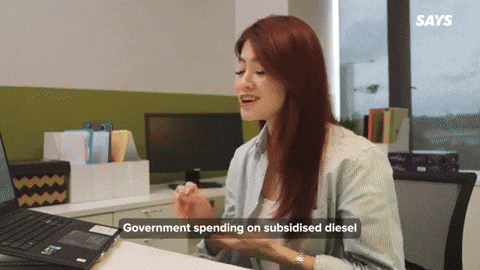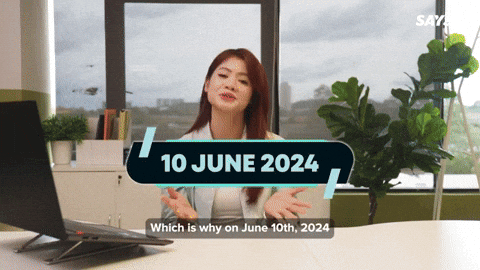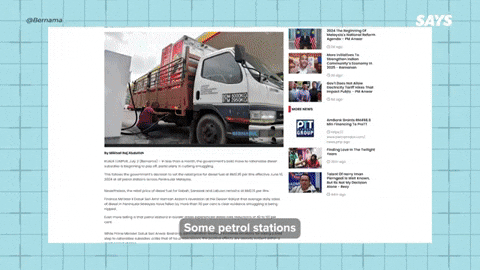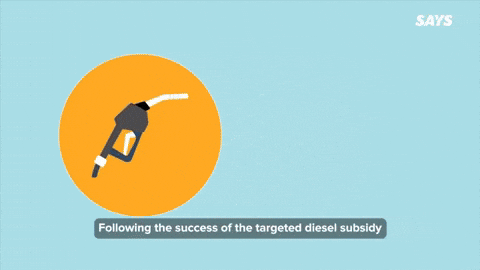[VIDEO] Will Malaysia's Diesel Subsidy Actually Work? Here's A Look At Its Impact So Far
Since the subsidy's implementation, the government has saved an estimated RM600 million per month.
Back in June 2024, the government introduced targeted diesel subsidies in an attempt to curb diesel smuggling and leakages in the country
More than half a year later, is this initiative actually working?
Watch this video below to understand more about Malaysia's targeted diesel subsidy programme and how it's doing so far:
To put things in perspective, government spending on diesel subsidies surged from RM1.4 billion in 2019 to over RM14.3 billion in 2023, raising concerns about large-scale misuse
Authorities suspected that a significant portion of subsidised fuel was being diverted into the black market or smuggled into neighbouring countries where prices are much higher.
This led to the government launching its fuel subsidy rationalisation programme on 10 June 2024
This initiative increased the price of diesel to RM3.35 per litre — a 55% hike, ensuring that subsidised diesel was not being misused or smuggled out of the country.
At this time, selected individual owners of eligible diesel vehicles received RM200 in cash assistance every month. Meanwhile, companies operating commercial diesel vehicles, such as cargo trucks and buses, could apply for a fleet card to purchase diesel at a subsidised rate.
Prime Minister Datuk Seri Anwar Ibrahim acknowledged that while the decision was not be popular, it was necessary to curb diesel smuggling and prevent further financial losses.
Early data indicates that the targeted diesel subsidy is showing positive results
Diesel sales dropped by 23% in July 2024 compared to June, indicating a sharp decline in fuel diversion. At the same time, commercial diesel sales rose by 4.8 million litres per day, showing that more businesses are now purchasing fuel through legitimate channels.
Petrol stations near border areas also reported a 40% to 50% drop in diesel sales, pointing to a significant reduction in smuggling activities. Since the subsidy's implementation, the government has saved an estimated RM600 million per month.
With stricter enforcement by the Ministry of Domestic Trade and Cost of Living (KPDN), the government is on track to exceed its initial savings target of RM4 billion annually.
Encouraged by the success of the targeted diesel subsidy, the government is now considering a similar approach for RON95 petrol subsidies in mid-2025
The plan, announced by the Prime Minister, aims to ensure subsidies continue benefiting the majority of individual users while preventing misuse. In line with the targeted diesel subsidy approach, this initiative seeks to curb smuggling and exclude foreigners and high-income individuals from subsidy access.
By utilising a centralised data system, the government aims to identify eligible groups based on household income, ensuring that subsidies reach those who need them most.
With petrol prices in Malaysia still significantly lower than in neighbouring countries, this move is expected to make subsidies more sustainable while protecting the interests of the majority.
For those eligible, applying for BUDI MADANI can make a difference
If you haven't applied yet, check your eligibility today! For more information, visit BUDI MADANI's official website.




